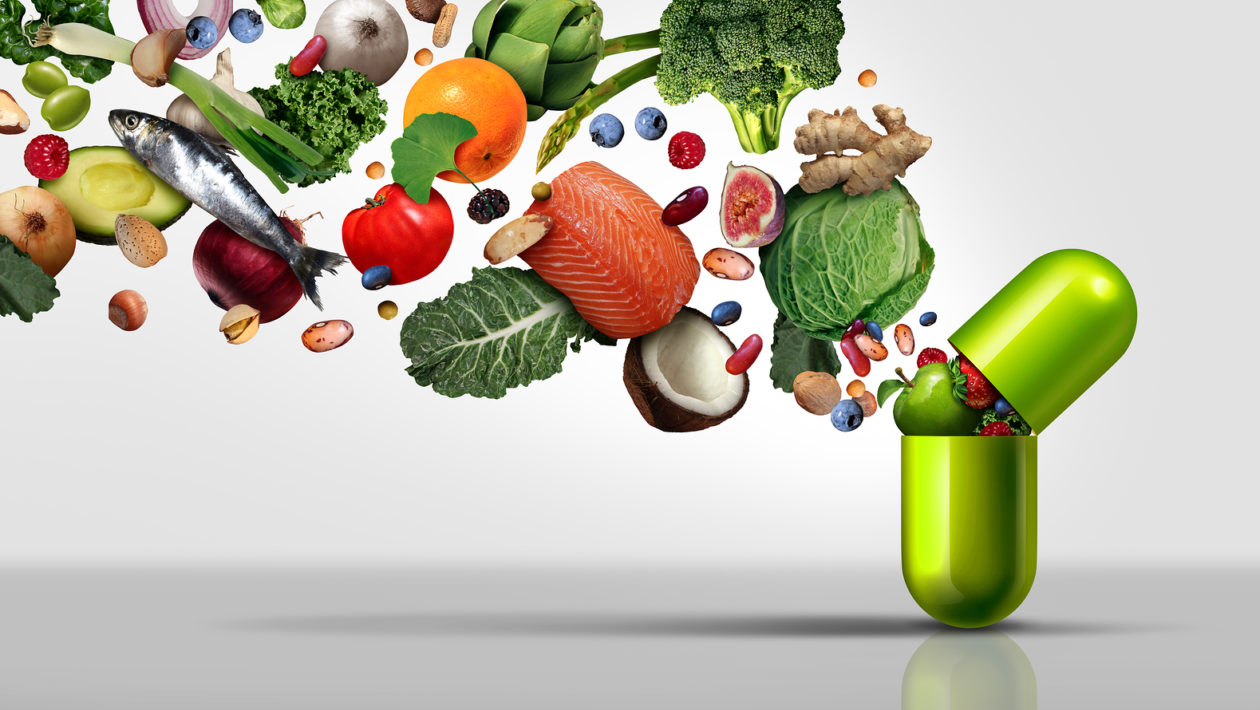It doesn’t matter how old you are, if you are looking to boost your nutrition, vitamins can help.. However, with a sea of products available on the market today, choosing the right supplements tends to come with a headache or two. Among the various options available, each can play a number of roles in the body and touts various health benefits. Depending on your diet, daily routine, life stage, and lifestyle, some supplements will hold distinct advantages over others.
To quickly give you a bit of information: there are 13 vitamins and 16 minerals that are essential for the body to perform at it’s very best. In addition, there are other sources of nutrition that benefit the body as well such as fish oil and herbal supplements.
Individuals in their 30s, 40s, or 50s have very unique biological needs and in many cases different goals related to their overall health, as well. We already know choosing the most appropriate vitamins can be a pretty daunting decision, so we went ahead and did the research to break down which vitamins are priorities at the various stages of life.
Your 30s: Magnesium and Omega-3
Magnesium is an important mineral that happens to be involved in a whopping 300 physiological processes in your body. It plays a key factor in your ability to get a good night’s rest through the night and chances are, you are not getting enough of it. In addition to supporting good quality sleep, magnesium supports bone and heart health.
Fatty acids are also important because they play a huge part in brain health and function. Omega-3 fatty acids specifically have also been credited to promote heart health, healthy joints, and even moods.
Your 40s: Vital Eye Nutrients and Vitamin D
Many people tend to only think about eye health when they begin to have vision problems, but it is wise to safeguard your sight before the issue even arrives. Lutein and zeaxanthin play a vital role in maintaining eye health and can be found in dark leafy greens like spinach.
Vitamin D is also an important nutrient to take in your 40s. As people get older, it is common that busy lifestyles tend to keep them indoors. Vitamin D greatly impacts your mood and immune system so it is an important nutrient to supplement when you are not getting enough sunlight.
Your 50s: Calcium and Potassium
As you age, your bone density naturally begins to decrease. The good news is that calcium can help! Calcium is an important mineral that supports strong bones and density.
Potassium is also important in your 50s because it helps to lower blood pressure which can reduce your risk for cardiovascular disease.
Your 60s: Vitamin B12
Did you know that even a mild vitamin B12 deficiency may put older adults at risk for dementia? As you get older and reach your 60s, your stomach acid – which is required for the body to absorb vitamin B12 from food – begins to decrease. It is important to get your B12 levels checked and supplement this important vitamin if necessary.
Everyone is different and has their own set of special needs. If you are thinking about taking vitamins, be sure to do some research to find which nutrients are best for your specific age group, what is the best time to take vitamins, and how to take them. Like with all new supplements, it is a good idea to speak with your physician first, especially if you are taking prescription medications because some vitamins can counteract them. Look for a great all-natural vitamin that is plant-based for the best benefit!

